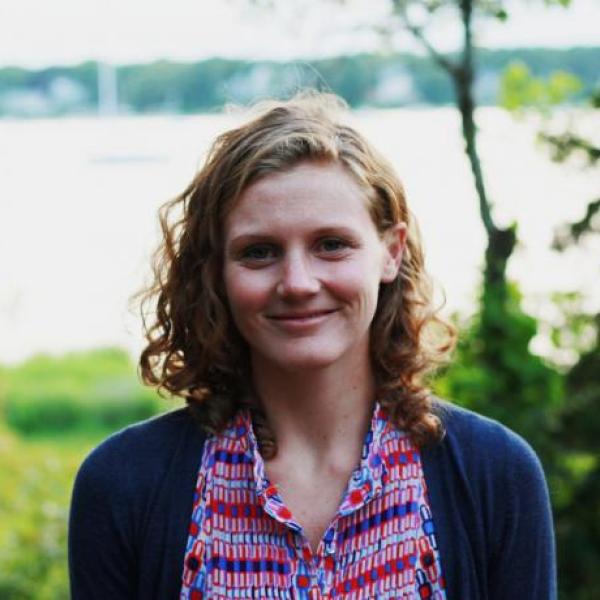Catherine Kearns’ research examines the intersections between social and environmental change in Mediterranean landscapes. In her first book project, The Rural Landscapes of Archaic Cyprus: An Archaeology of Environmental and Social Change (Cambridge, 2023) she analyzed the emergence of Iron Age communities on the island of Cyprus through their land-use practices, rural economies, and experiences with changing climates. She is particularly interested in the political and social dimensions of landscape change and how modern conversations on human-environment relationships can engage with historical evidence. In her current project on environmental histories of sustainability, she aims to conduct comparative analyses of ancient Mediterranean households from the first millennium BCE to examine histories of precarity and practices of livability.
In addition to her work in survey archaeology, she also studies environmental history, urbanism and ruralism, gender, and concepts of space, place, and geography in antiquity. Kearns teaches a range of courses in archaeological theory, in the cultural, political, and socioeconomic history of the ancient Mediterranean, and in the texts of Strabo and Pausanias. In recent years she has co-directed fieldwork on Cyprus through the Kalavasos and Maroni Built Environments Project, using geophysics, field survey, excavation and geospatial analysis to identify Iron Age rural settlements, for which she has been awarded ACLS, Loeb Classical Library Foundation and university grants. She also serves as co-editor of the Journal of Mediterranean Archaeology and as a National Lecturer for the Archaeological Institute of America.
Recent Publications
• Kearns, C. (2025) “Climate the Antagonist.” American Anthropologist, Vital Topics Forum “Archaeology, Politics, and Environmental Crisis.” https://doi.org/10.1111/aman.28102.
• Kearns, C. (2025) “Everyday Climate: Household Archaeologies and the Politics of Scale.” Heritage 8.6: 227 https://doi.org/10.3390/heritage8060227. Special issue “The Archaeology of Climate Change,” co-edited by S. Steadman and J. Haldon.
• Kearns, C. (2024) “Performing Community: Ritual, Copper Production, and Local Politics on Archaic Cyprus.” In K. Morgan (ed.), Pomp, Circumstance, and the Performance of Politics: Acting Politically Correct in the Ancient World, 73-98. Institute for the Study of Ancient Cultures Seminars 16. Chicago: Institute for the Study of Ancient Cultures Press.
• Kearns, C. (2023) The Rural Landscapes of Archaic Cyprus: An Archaeology of Environmental and Social Change. Cambridge: Cambridge University Press.
• Kearns, C. (2022) “Cypriot Iron Age Communities in Time and Place: Considering Amathus in a Regional Context.” In S.W. Manning (ed.), Critical Approaches to the Archaeology of Cyprus and the Wider Mediterranean, 64-84. Monographs in Mediterranean Archaeology 16. London: Equinox.
• Kearns, C. (2022) “Mediterranean Interconnections Beyond the City: Rural Consumption and Trade in Archaic Cyprus.” In J. Hall and J. Osborne (eds.), The Connected Iron Age: Interregional Networks in the Eastern Mediterranean, 900-600 BCE. University of Chicago Press.
• Kearns, C. and A. Georgiadou (2021). “Rural Complexities: Comparative Investigations of Small Iron Age Sites in South-Central Cyprus.” Journal of Field Archaeology 46.7: 461-479.
• Kearns, C. and S.W. Manning, eds. (2019) New Directions in Cypriot Archaeology. Ithaca, NY: Cornell University Press.
• Kearns, C. (2019) “Discerning ‘Favorable’ Climates: Science, Survey Archaeology, and the Cypriot Iron Age.” In C. Kearns and S.W. Manning (eds.), New Directions in Cypriot Archaeology, 266-294. Ithaca, NY: Cornell University Press.
• Kearns, C. (2017) "Mediterranean Archeology and Environmental Histories in the Spotlight of the Anthropocene." History Compass 15.10: 15 pp.

